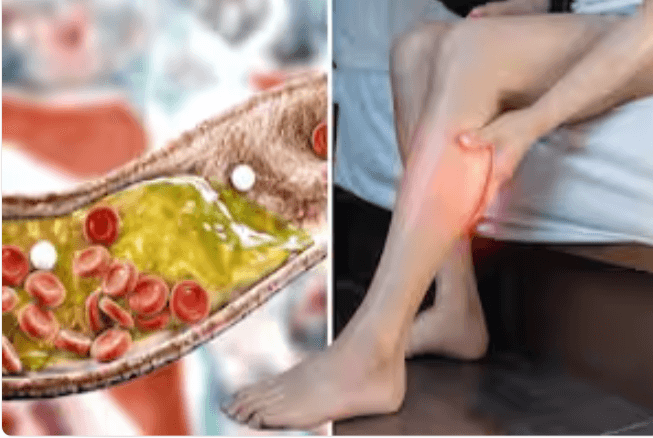Suffering from Vitamin B12 deficiency? Look out for these top 10 signs and symptoms.
Vitamin B12 is a water-soluble vitamin that can be found in foods like dairy products, meat, fish, poultry, cheese, and fortified breakfast cereals. This vitamin cannot be produced in the body, it can only be sourced through consumption of food rich in vitamin B12. This vitamin also helps in producing red blood cells, enhances nerve function, elevates cell metabolism, and formation of DNA. It helps to keep your eyes, bones, skin, and mind healthy. 2.4 micrograms of vitamin B12 daily is recommended for adults. This article delves into the symptoms, early signs, and the organs that get affected due to vitamin B12 deficiency. Read this article to have a better understanding.
What Happens When There Is a Deficiency of Vitamin B12 In The Body?
A deficiency of vitamin B12 can cause a lack of oxygen in tissue and organs due to less production of red blood cells. You can feel tired and can impact your overall health. Below are 5 issues that can occur due to deficiency of vitamin B12:-
Vitamin B-12 Deficiency Symptoms
- Muscle cramps and weakness:- Due to vitamin B12 deficiency your nervous system gets negatively impacted which causes muscle cramps and weakness.
- Fatigue:- Production of red blood cells gets impacted due to lack of vitamin B12 which impairs the delivery of oxygen and leads to fatigue.
- Pale or yellow skin:- Vitamin B12 deficiency can lead to anaemia and can make your skin pale due to immature red blood cells.
- Gastrointestinal issue:- Due to lack of B12 can cause nausea, diarrhoea, gas, bloating, constipation and other gastrointestinal symptoms.
- Headaches:- Deficiency of B12 can cause migraine which can lead to severe headaches.
Early Signs of Low Vitamin B12 In The Body
These are 10 early signs of vitamin B12 deficiency in the body:-
- Numbness
- Tiredness
- Nausea
- Reduces craving
- Fatigue
- Anaemia
- Weight loss
- Frustrated feelings
- Sore mouth or tongue
- Tingling sensation in hands and feet
The organs that get affected due to lack of vitamin B12 deficiency are bone marrow, blood and nervous system. If this remains untreated it can lead to damage to brain cells and a lack of red blood cells. To avoid these issues you can intake meat, liver, poultry, dairy products, fish, fortified breakfast cereal and foods rich in Vitamin B12. Proper treatment is highly recommended by consulting your healthcare professional for medication and diet as per your health condition.
Effective Ways to Treat Vitamin B12 Deficiency
Have you been diagnosed with Vitamin B12 deficiency? Follow these tips to manage the condition effectively:
- Vitamin B12 Supplements: A very effective way to handle Vitamin B12 deficiency is through supplements.
- Follow Healthy Diet Routine: Changing what you eat is another key step in tackling Vitamin B12 deficiency. Foods like meat, fish, dairy products, and fortified cereals are high in Vitamin B12.
- Lifestyle Modifications: Lifestyle changes also matter when dealing with Vitamin B12 deficiency. Quitting smoking and cutting back on alcohol can help your body absorb Vitamin B12 better.
Make sure to consult a doctor or an expert before making any changes to your daily diet routine.
Credit: Satata Karmakar, healthsite.com

